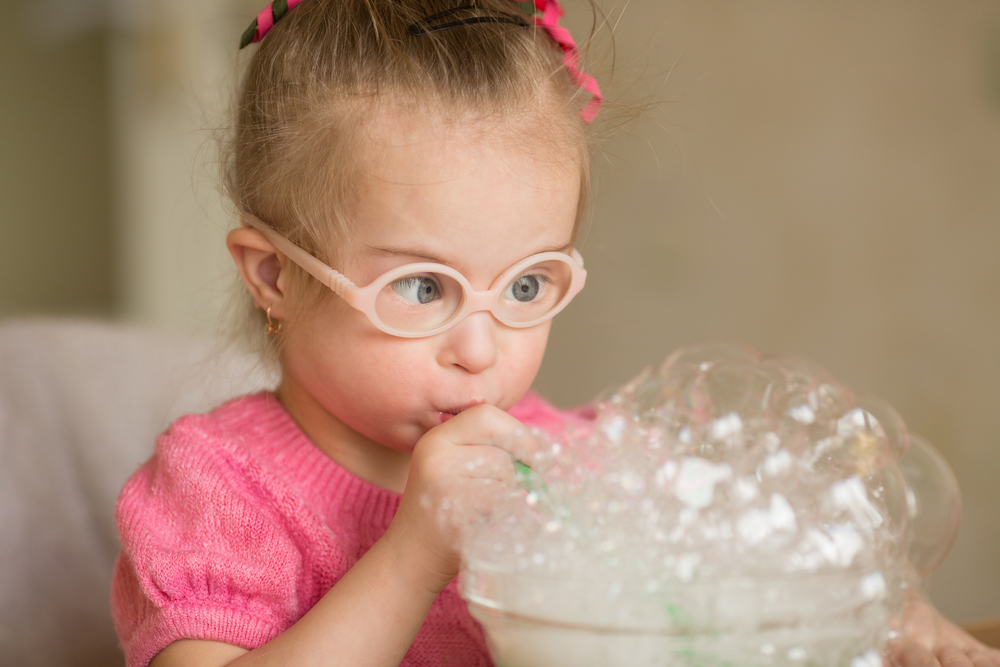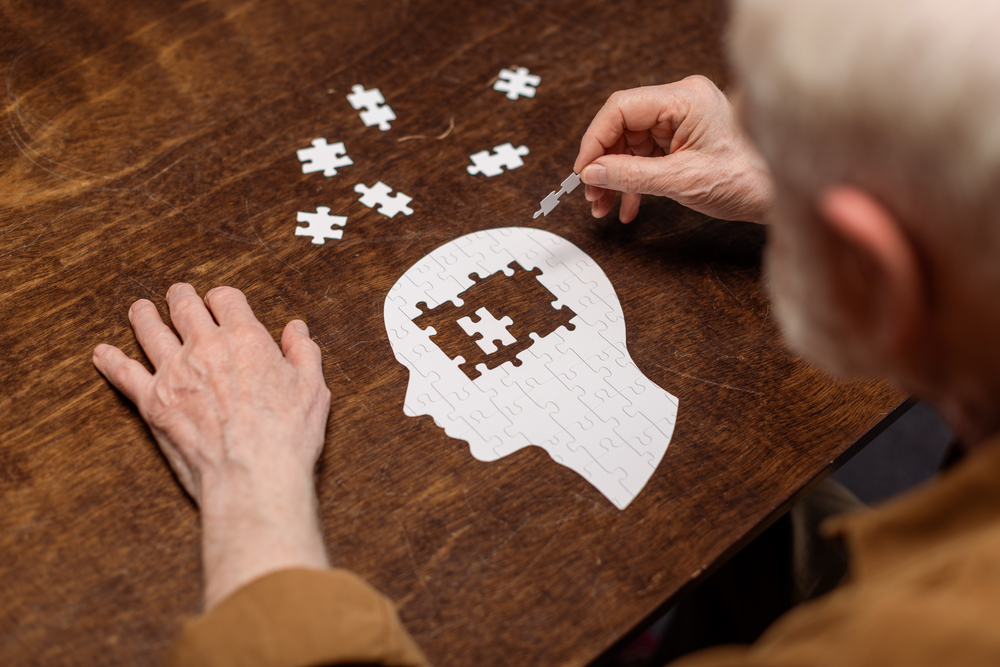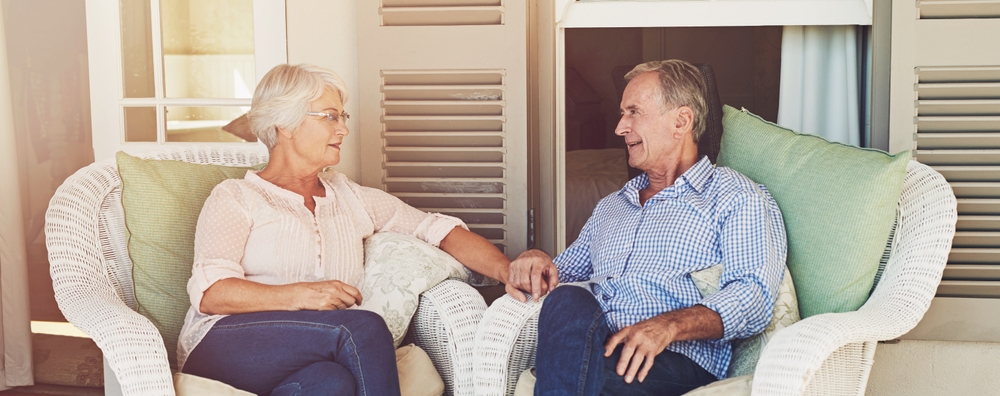Make an Appointment
Sensory stimulation, using deliberate inputs of touch, sound, sight, taste and smell, can awaken memories, soothe anxiety and improve engagement in people living with dementia. Rather than relying solely on medications, a multidisciplinary team leverages the combined expertise of allied health professionals to design safe, meaningful sensory experiences that support daily function, emotional regulation and social connection.
Dementia alters sensory processing and perception. Environmental cues may become confusing, leading to agitation or withdrawal. Well-planned sensory interventions help re-orientate, stimulate cognition and reduce behavioural symptoms (e.g. agitation, apathy). Because each individual’s history and preferences differ, a team approach ensures that interventions are personalised, evidence-based and seamlessly integrated into care routines Dementia Australia.
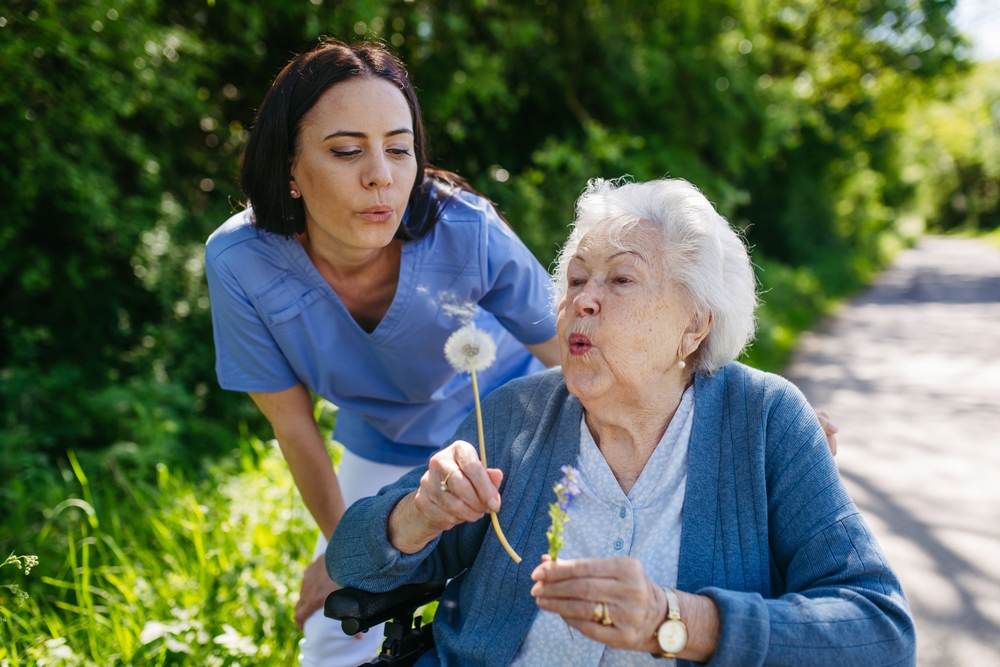
How can a multidisciplinary team help dementia patients?
A well-coordinated team draws on the unique skills of each discipline:
1. Physiotherapy
- Uses movement-based sensory activities, such as gentle rocking, balance games on gym balls, and guided Tai Chi, to stimulate the vestibular and proprioceptive systems, improving stability and mood.
2. Occupational Therapy
- Designs sensory environments and routines: multi-sensory rooms (“Snoezelen”), aromatherapy tubs, textured objects for hand massage, and tailored activity stations that match the person’s past roles and interests Dementia Australia.
3. Speech Pathology
- Introduces auditory stimulation, personalised music playlists, instrument drumming sessions, and gustatory stimulation through flavoured ice chips or safe “taste tests” to engage language and memory networks.
4. Exercise Physiology
- Incorporates sensory-enriched exercise, walking with visual contrast markers, balloon volleyball with varied textures, to combine physical and sensory engagement, supporting cognition and cardiovascular health.
1. Carer and Family Involvement
- Training families to continue sensory routines at home, such as favourite songs or scented hand-rubs, ensures consistency and reinforces the therapeutic alliance.
Through regular interprofessional meetings and shared documentation, the team continually refines each person’s sensory plan, ensuring safety, appropriateness, and maximum benefit Dementia Australia.

How can multi-sensory stimulation affect people with dementia?
Multi-sensory stimulation (MSS) can positively affect people living with dementia by:
Reducing Agitation and Anxiety
- Calming sensory inputs, like soft lighting, gentle massage, or favourite music, lower cortisol levels and mitigate behavioural outbursts.
Enhancing Mood and Engagement
- Pleasant sensory experiences (e.g. tasting nostalgic foods, viewing family photos) trigger reward pathways, increasing sociability and participation in activities Dementia Australia.
Improving Cognitive Function
- Stimulating multiple senses simultaneously supports attention span, memory recall, and processing speed, particularly when paired with familiar objects or routines.
Strengthening Social Connection
- Group MSS activities, such as communal music-making or scented reminiscence-sharing, foster a sense of belonging and mutual engagement.
Randomised trials of structured MSS programs demonstrate short-term improvements in agitation, mood and social behaviours in residential care settings Dementia Australia.

What is the multi-sensory approach to dementia?
A true multi-sensory approach is systematic and person-centred:
1. Assessment of Sensory Profile
- Occupational therapists conduct evaluations (e.g. Sensory Profile 2) to identify over- and under-responsive modalities.
2. Personalised Sensory Menu
- Teams develop a “sensory menu” listing preferred and aversive stimuli, ensuring each session delivers the right “dose” of sensory input.
3. Environment Design
- Multi-sensory rooms or corners feature adjustable lighting, fibre-optic displays, textured surfaces, aromatic diffusers, and immersive audio systems Dementia Australia.
4. Routine Integration
- MSS is not a stand-alone activity but woven into personal care, such as scented lotions during hand hygiene, music during mealtimes, or textured lamps beside rest areas.
5. Ongoing Monitoring
- The team uses behavioural observations, mood scales, and carer feedback to adapt stimuli intensity, duration and variety for optimal comfort and benefit.
This structured, evidence-informed model underpins best practice guidelines for non-pharmacological dementia care in Australia Dementia Australia.
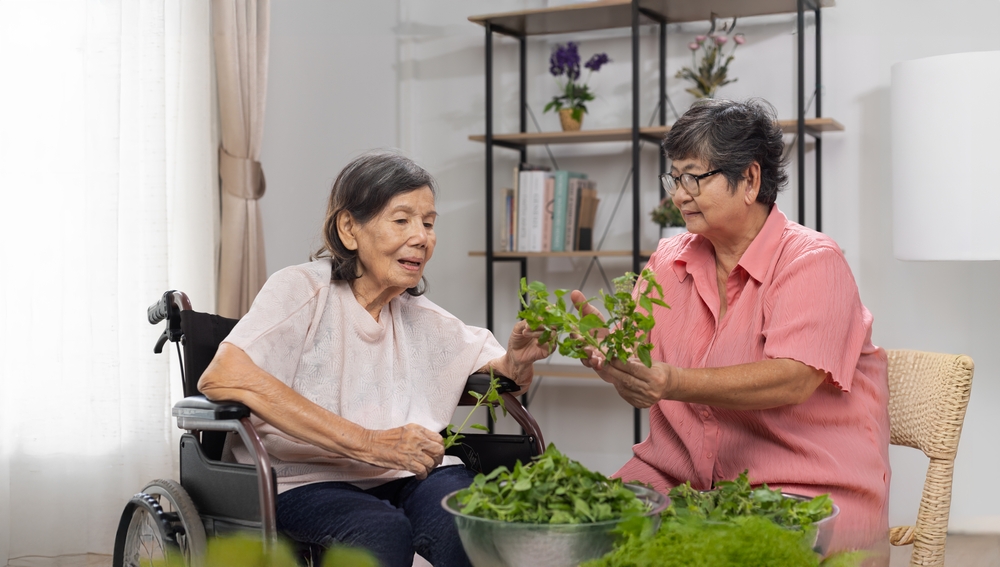
What strategies can you use for sensory stimulation and personal care?
Practical strategies for embedding sensory stimulation into daily care include:
- Aromatherapy Hand-Massage: Use familiar scents (lavender, citrus) with gentle kneading to soothe anxiety during personal care.
- Textured Bath Sponges: Soft vs. firm materials stimulate tactile perception, reducing agitation in bathing routines.
- Mood-Enhancing Playlists: Curate music from the person’s youth; play softly before and during dressing to ease transitions.
- Themed Reminiscence Boxes: Containing scented soap, fabric swatches, and photos—used during grooming to spark positive memories.
- Contrast-Changer Towels and Linens: High-contrast colours support visual orientation, reducing confusion during toileting and grooming tasks.
All strategies are taught to care staff and family by Occupational Therapy and reinforced by Physio Inq’s Physiotherapy and Exercise Physiology teams to ensure safe, consistent application.
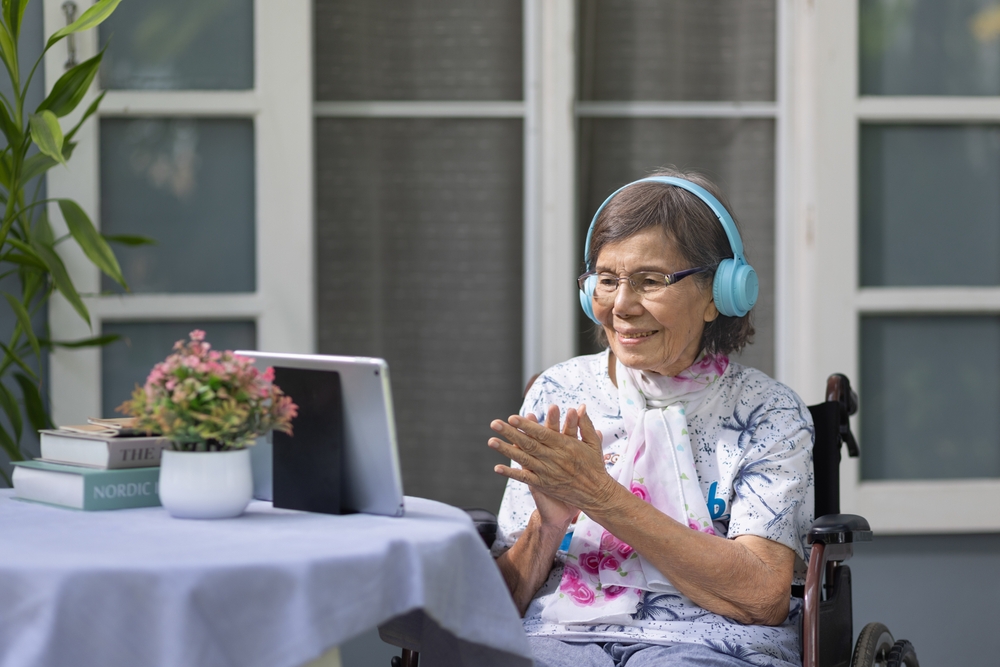
Frequently Asked Questions (FAQs)
Q1. Can sensory stimulation replace medication in dementia care?
A: MSS is a non-pharmacological strategy that complements, but does not replace, medical management. It can reduce behavioural symptoms and improve quality of life alongside medications.
Q2. How often should multi-sensory sessions occur?
A: Typically, 2–3 times per week, with brief daily sensory prompts embedded in personal care routines.
Q3. Are there risks to sensory stimulation?
A: Yes: overstimulation can cause agitation. Individual assessment and careful monitoring are essential to balance intensity and duration.
Q4. Who can deliver multi-sensory therapy?
A: Trained occupational therapists lead MSS programs, supported by physiotherapists, exercise physiologists, speech pathologists, and care staff after appropriate training.
Q5. Can sensory stimulation help in advanced stages of dementia?
A: Yes. MSS can still provide comfort, reduce agitation, and enhance engagement even in later stages, by focusing on soothing stimuli and personalised reminiscence Dementia Australia.
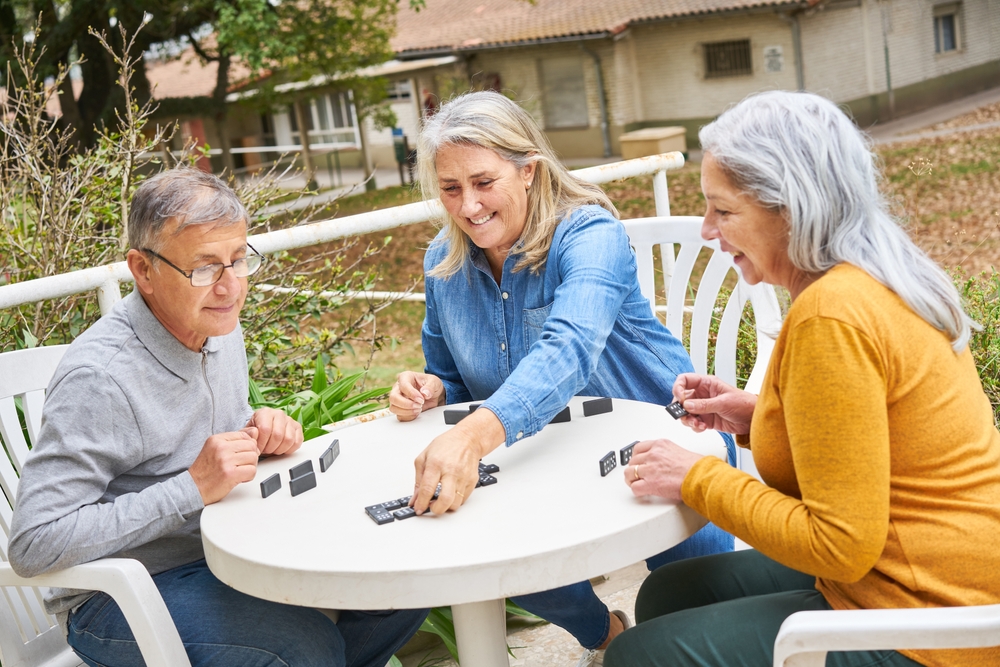
A multidisciplinary team approach to sensory stimulation unlocks powerful benefits for people living with dementia, calming agitation, sparking memories, and fostering meaningful engagement. By integrating personalised MSS into everyday personal care, physiotherapists, occupational therapists, speech pathologists, exercise physiologists and carers ensure each person’s sensory world is safe, familiar and enriching.
Take the Next Step:
If you’d like to explore a tailored sensory stimulation plan for your loved one, contact us to arrange an assessment. Discover our allied health services:
Embrace a sensory-rich approach to dementia care and help your loved one live with greater comfort, connection and dignity.
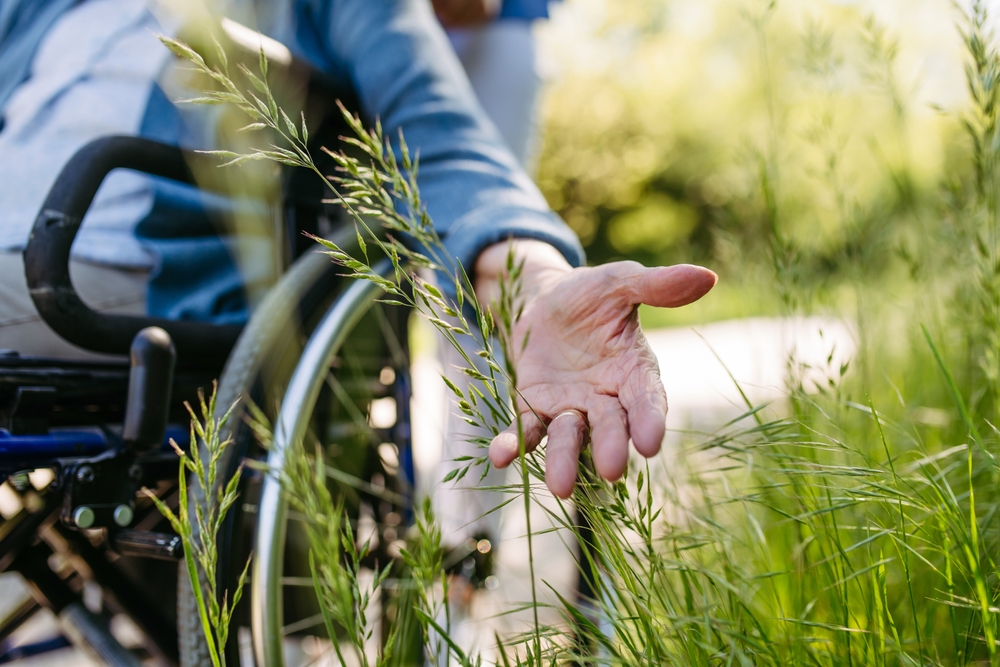
Date Published: Wednesday, May 14, 2025
Need to get into direct contact with ur Client Services team? We're all ears. Call our team directly on 1300 731 733
